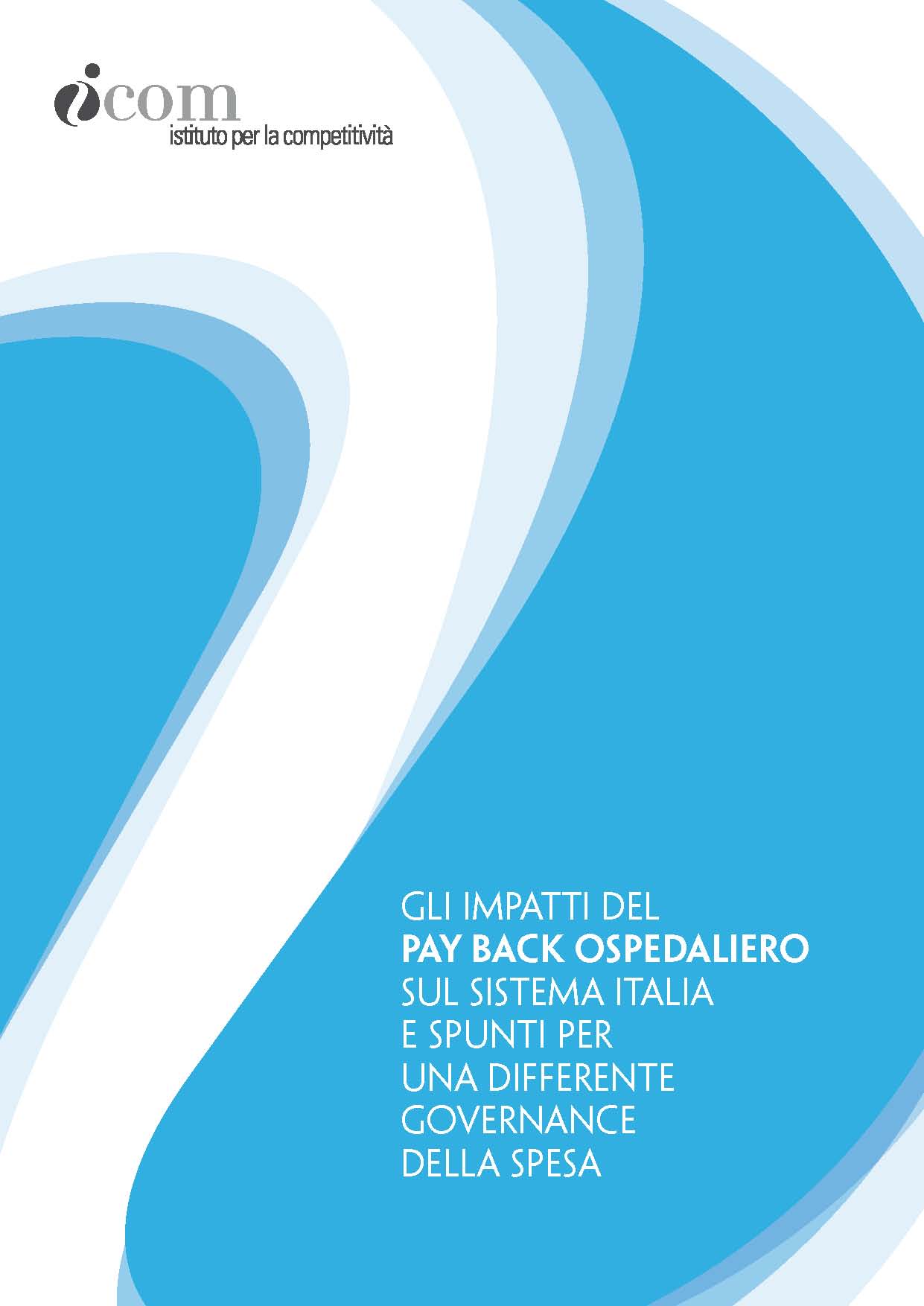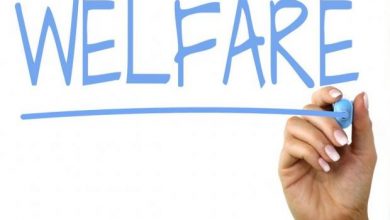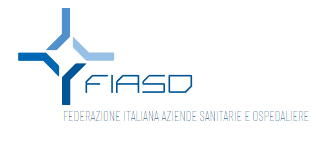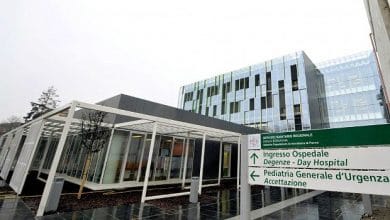
“ A hidden tax on innovation, which jeopardizes access to new treatments for patients in our hospitals and makes it less convenient to invest in our country for the multinationals that focus more on the research and development of new drugs". With these words the president of I-Com, Stephen of Empoli, summarizes the impact of payback on pharmaceutical spending hospital. The mechanism, recently applied, is illustrated through data and analyzes in the I-Com research, presented today in Rome, in which eight companies took part, making up a total of about 50% of the hospital pharmaceutical market (Abbvie, Amgen, BMS, Eli Lilly, Janssen, MSD, Pfizer and Roche). “On the modification or, as would certainly be preferable, on the overcoming of this instrument, the Renzi Government is playing a decisive game to keep the investments of multinational drug companies in our country” he says from Empoli.
A hidden tax on innovation, which jeopardizes access to new treatments for patients in our hospitals and makes it less convenient to invest in our country for the multinationals that focus more on the research and development of new drugs". With these words the president of I-Com, Stephen of Empoli, summarizes the impact of payback on pharmaceutical spending hospital. The mechanism, recently applied, is illustrated through data and analyzes in the I-Com research, presented today in Rome, in which eight companies took part, making up a total of about 50% of the hospital pharmaceutical market (Abbvie, Amgen, BMS, Eli Lilly, Janssen, MSD, Pfizer and Roche). “On the modification or, as would certainly be preferable, on the overcoming of this instrument, the Renzi Government is playing a decisive game to keep the investments of multinational drug companies in our country” he says from Empoli.
The payback tool - explains I-Com in a note - was introduced with a 2012 law (law 135), but its effects were felt by companies only from the second half of 2014, when the Italian Medicines Agency (Aifa) communicated the amount of the overrun on the budget assigned to each for 2013. The system, borrowed from the territorial pharmaceutical expenditure - which passes through the pharmacies and which has been affected by modest or zero overruns - provides that the companies contribute to the 50% of the breakthrough in hospital pharmaceutical spending. The expenditure ceiling (fixed by the same law at 3.5% of the public funding of the NHS) is divided for each company, which is assigned a specific budget. In this way, the overrun achieved on a national basis is distributed at company level. The mechanism requires companies to bear, in proportion to their turnover, also the overrun attributable to orphan drugs (for rare diseases) and innovative drugs. It is worth pointing out that there are just over 20 companies that cover, at 90%, the needs of the hospital sales channel.
In 2013, the deviation from the hospital pharmaceutical expenditure ceiling was 737 million euro, of which almost 364 million paid by companies (payback); the figure rose to 1,050 million euros in 2014 and, according to the forecasts of the companies participating in the I-Com study, it could reach 1,360 million euros in 2015 (therefore almost a doubling in just two years).
In the period 2009-2012, the pharmaceutical expenditure supported by the NHS decreased every year by 7.5%, at a rate 5 times higher than the dynamics of overall public health expenditure. An indicator, the latter, of how the legislator has chosen to act with very heavy cuts on the pharmaceutical sector, without intervening with a systematic, and perhaps unpopular, rationalization of the Health System.
The spending limit of the 3.5% is destined to be systematically exceeded. According to Aifa estimates, hospital pharmaceutical expenditure should increase – compared to 2014 – by 3.4% in 2015 and 8.5% in 2016. In 2013, the deviation from the hospital pharmaceutical expenditure ceiling was 737 million euros, of which almost 364 to be paid by companies (pay back). In 2014, according to preliminary estimates, the overrun was approximately 1,050 million euro, of which 524.8 million attributable to companies.
The payback - I-Com explain again - risks having "serious consequences" for the competitiveness of our country with respect to the pharmaceutical industry sector which, today, sees its research and production activity in Italy "penalized". In 2013, the total value of the payback borne by the eight companies involved in the I-Com survey amounted to €192 million. The study estimates that in 2014 the value of the payback will rise to €280 million (+46% over 2013), reaching €362 million in 2015.
The I-Com projections show how the turnover of these companies in the hospital drug segment increases to a lesser extent than the increase in payback: in 2013 this mechanism weighs on turnover by 8.02% and in 2014 by 11.29%. In 2014 the value of the payback will be higher than the value of VAT (+107%) and income tax (+117%) paid by the sample of companies analysed.
 The most affected by the payback are the new drugs, which have come out of the long process of Research & Development and are ready to enter the NFP for the first time and then in hospitals. These are hospital drugs declared non-innovative by Aifa. The "Alpha" product of the I-Com test (on a company case study) is an oncological drug which - according to registrational and independent studies - is able to lengthen the average life of the patient, compared to similar drugs already in circulation -, reducing side effects and facilitating administration. The shelf imposed by the payback affects the turnover of the first year by 54% and by 44% on that of the second year of market entry. For a drug already in circulation (alpha comparator) the impact is much more limited (12% and 14% respectively). The Alfa drug shelf is worth more than a third of the existing drug shelf, even though the former drug is worth less than the latter's 15%, in terms of revenue.
The most affected by the payback are the new drugs, which have come out of the long process of Research & Development and are ready to enter the NFP for the first time and then in hospitals. These are hospital drugs declared non-innovative by Aifa. The "Alpha" product of the I-Com test (on a company case study) is an oncological drug which - according to registrational and independent studies - is able to lengthen the average life of the patient, compared to similar drugs already in circulation -, reducing side effects and facilitating administration. The shelf imposed by the payback affects the turnover of the first year by 54% and by 44% on that of the second year of market entry. For a drug already in circulation (alpha comparator) the impact is much more limited (12% and 14% respectively). The Alfa drug shelf is worth more than a third of the existing drug shelf, even though the former drug is worth less than the latter's 15%, in terms of revenue.
The issue of payback worries company managers a lot, above all because of the obstacles it poses in the way of accessing pharmaceutical innovation. Eric Baclet, president and general manager of Lilly Italia, underlines that “the mechanism, already distorting in itself for companies, is even more inefficient if one considers that it is structured in such a way as to penalize new products and higher quality products which grow more, instead protecting 'old' products with stable or slightly declining turnover”. Agree Massimo Visentin, president and CEO of Pfizer Italia, according to whom “the current model provides that for a drug being launched, all sales made in the first year of marketing contribute to exceeding the assigned budget. This results in a real barrier to the entry of new products and therefore the risk is that the new therapies no longer arrive in Italy”. According to Nicoletta Luppi, president and managing director of Msd Italia, "there is no doubt that the systematic penalization of market conditions and the persistent constraints on access to innovation harm the country's ability to attract investments from the parent companies of the multinationals".
For global companies engaged in research – confirm Fabrizio Greco, managing director of AbbVie Italia – it is becoming increasingly difficult to understand the dynamics that regulate the functioning of our country. The lack of certainty of the rules and predictability of the country system consequently makes it difficult for Italy to be chosen for new investments which, on the contrary, reward the areas that bring greater reliability and added value”. Still, he says Maurice de Cicco, president and managing director of Roche Italia, “our headquarters has announced important investments for the development of the production site in Segrate. And the Italian site could soon also be the protagonist of the global launch of two other innovative anticancer molecules".
It is not only productive investments that are at risk but also those in R&D. Francis DiMarco, president and CEO of Amgen Italia, recalls that “the theme of the payback of hospital expenses, as well as other measures that penalize the conditions of access to innovation, are analyzed within a European and global scenario. This is particularly true for an Italian subsidiary of a large multinational because it is necessary to demonstrate that the country is attractive for investments in production and research".
The I-Com studio offers some ideas for modifying or overcoming the pay back tool. Among these: a spending ceiling that must truly reflect the therapeutic needs of Italian patients, therefore higher and in a foreseeable further increase compared to the current value of 3.5%; a form of compensation between any overruns on hospital pharmaceutical expenditure with any 'leftovers' on territorial pharmaceutical expenditure; 'sterilize' or make more equitable, with ad hoc funding, the impact of innovative and orphan drugs, which today are entirely borne by in-patent drugs; provide for a reserve, within the current system of ceilings, to be applied to new non-innovative drugs (but which bring a positive health outcome) for the first two years after their launch.





